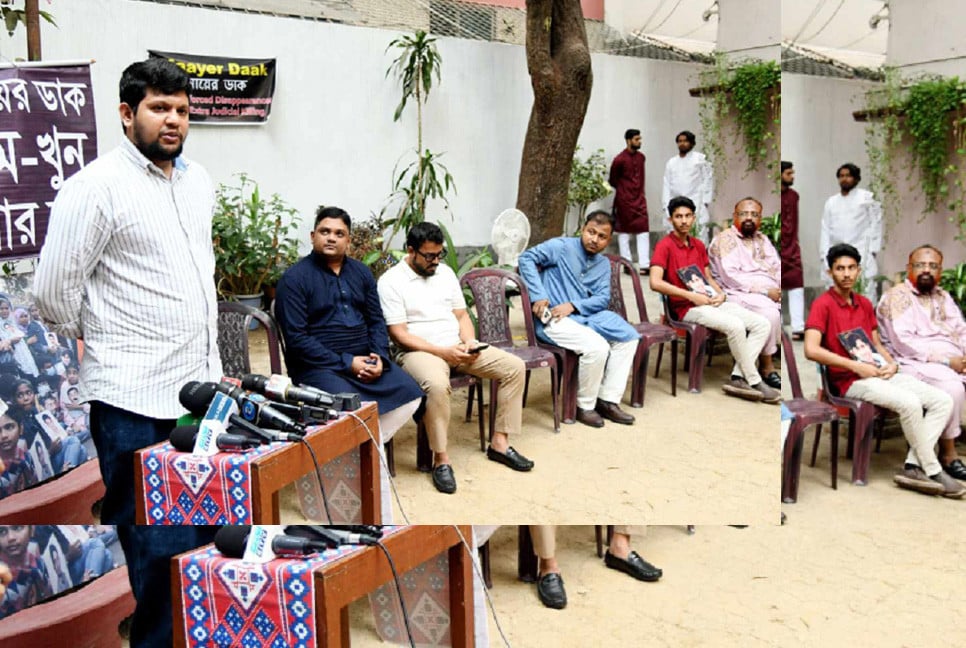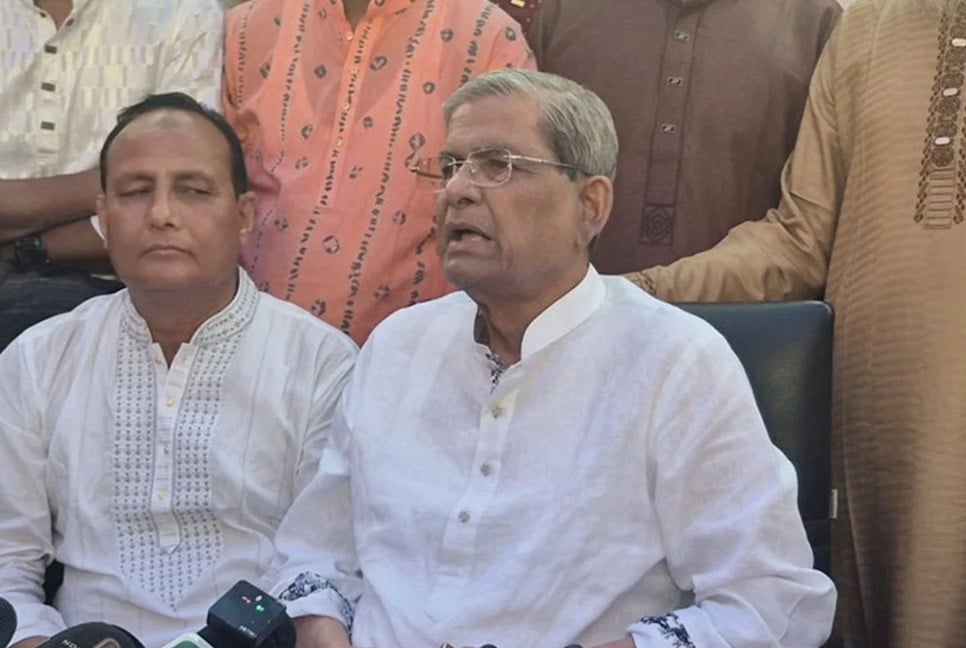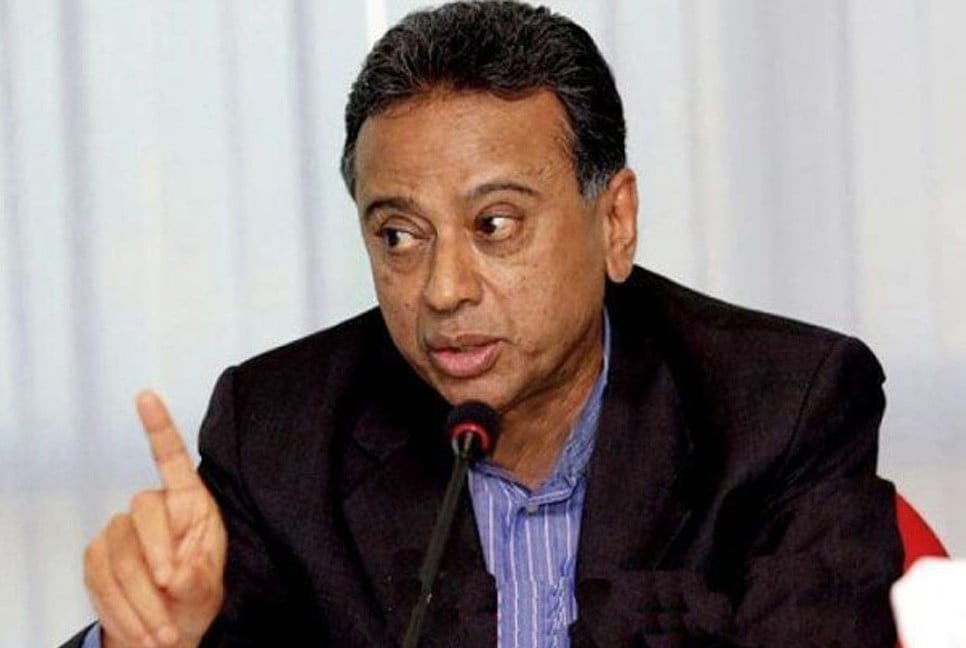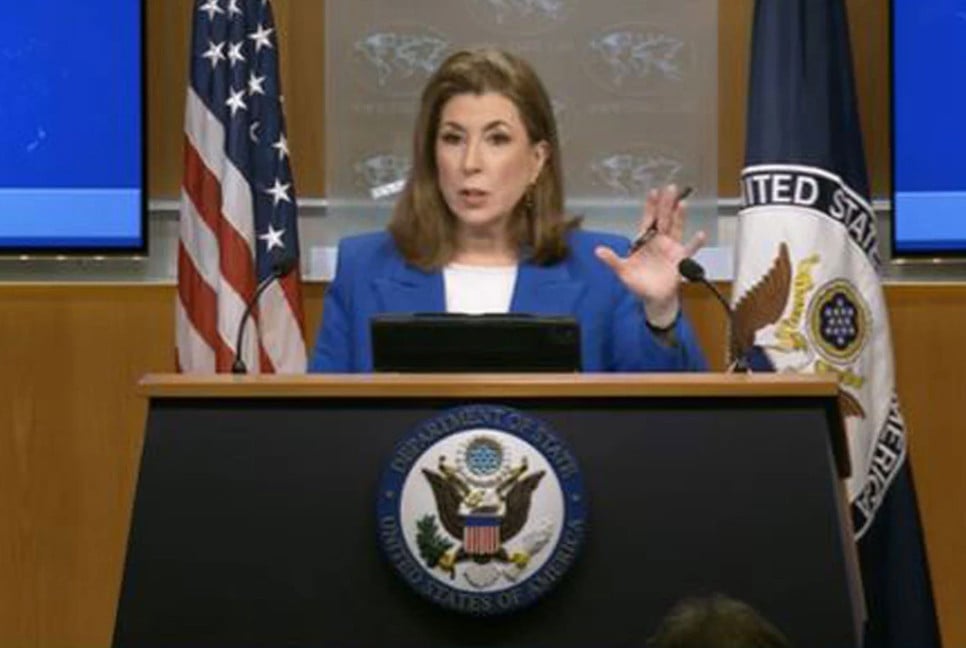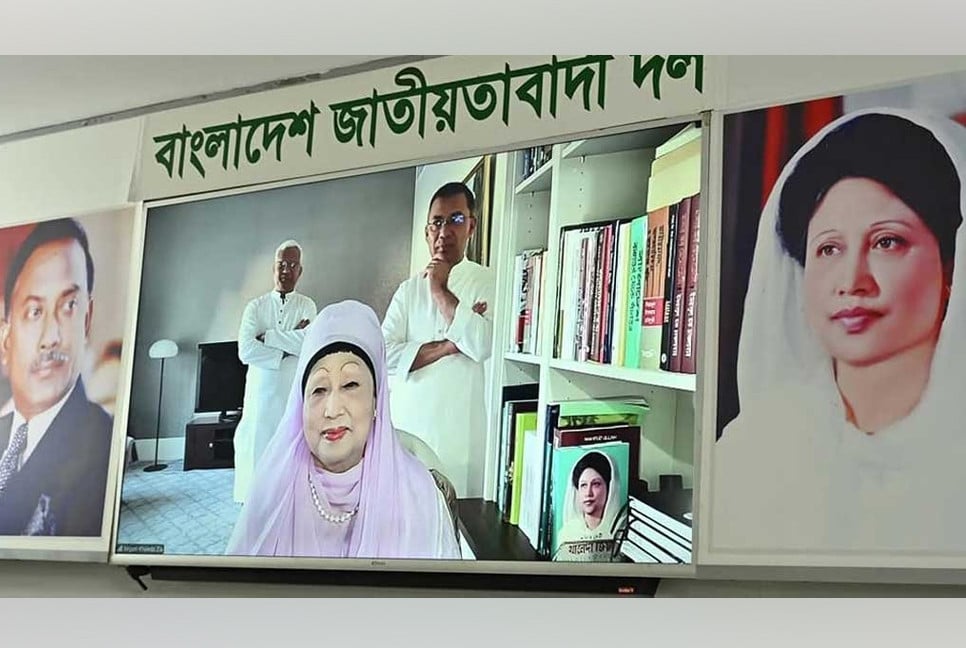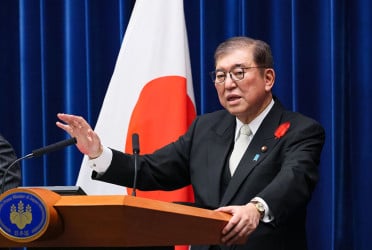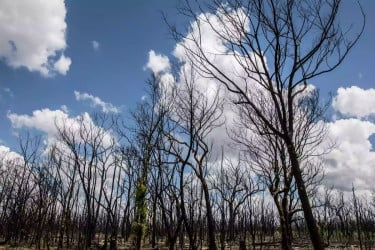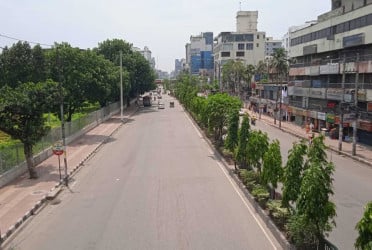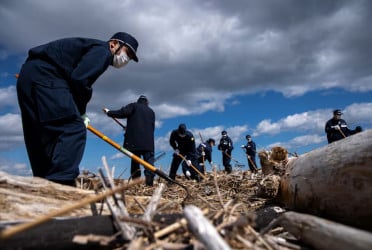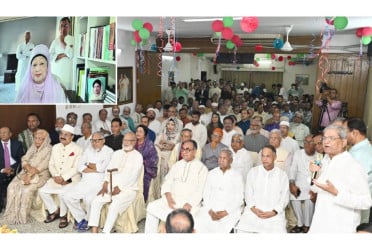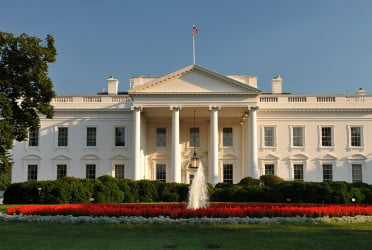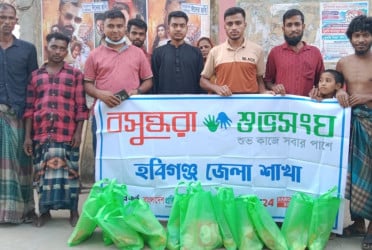The government has approved 29 new projects under the Bangladesh Climate Change Trust Fund (BCCTF) to address the growing threats posed by climate change, reports UNB.
The approval came at the 62nd meeting of the Trustee Board, held at the Ministry of Environment, Forest and Climate Change on Thursday. Chaired by Environment Adviser Syeda Rizwana Hasan, the meeting was attended by Lieutenant General (retd.) Jahangir Alam Chowdhury, Adviser to the Ministries of Home and Agriculture; Sharmin S. Murshid, Adviser to the Ministries of Women and Children, and Social Welfare; Cabinet Secretary Dr Sheikh Abdur Rashid; Secretary of Environment Dr Farhina Ahmed; Secretary of Finance Dr Md Khairuzzaman Mozumder, and other high-ranking officials.
The projects aim to strengthen climate resilience, conserve the environment, and promote sustainable agricultural and urban development. Key initiatives include research on carbon emissions and climate-resilient agriculture in haor wetlands and the development of eco-friendly technologies to enhance dairy production. The impact of climate change on plant phenology in four ecological hotspots will also be studied.
The projects will also focus on improving onion seed storage and production, adopting climate-smart agricultural technologies in char, haor, and coastal regions, and restoring water bodies in major urban centres, including Dhaka, Chattogram, Khulna, Rajshahi, and Sylhet. Afforestation along five canals in Narayanganj and conservation efforts in Gazipur’s Lobonadaha Canal are planned.
To improve access to clean drinking water, solar-powered deep tube wells will be installed in the hill tracts of Rangamati, while safe drinking water initiatives will be introduced in Bandarban. Other notable projects include subsidised jute bags as an alternative to plastic, expansion of palm and mangrove plantations, biodiversity conservation, and research on antibiotic-resistant bacteria.
Government agencies and research institutions, including the Chittagong Hill Tracts Development Board, the Department of Genetic Engineering and Biotechnology at the University of Chittagong, the Department of Public Health Engineering, the Bangladesh Agricultural University, the Bangladesh Livestock Research Institute, and the Department of Environment, will implement the projects.
Adviser Syeda Rizwana Hasan emphasised the need for a coordinated approach to tackling climate change. She expressed optimism that these projects would not only drive sustainable development but also contribute to environmental conservation and biodiversity protection.
Bd-pratidin English/ Jisan



